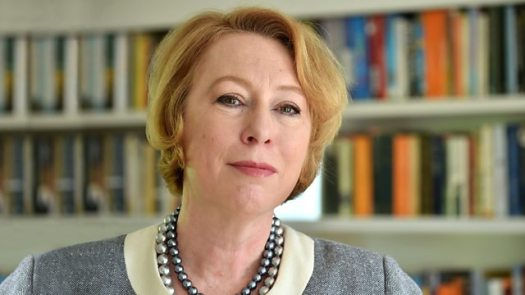Why lawyers and CXOs should listen to @rafaelbehr
- Ciaran Fenton
- Jul 2, 2018
- 2 min read

“It sounds dull, but backstage legal bores are our antidote to...bullshitters. They are the types we will need one day to clean up this mess” writes Rafael Behr (The Guardian, 26 Jun) regarding Parliament’s management of Brexit.
I ’m a fan of Mr Behr and lawyers, but he’s got this one half wrong because most lawyers are not trained to clean up messes, but to analyse and advise on them.
The half he got right in his piece is his statement that “...without them, democracy itself becomes itself little more than a show.”
In this regard my concern is that lawyer leaders - i.e. lawyers who lead functions in-house or lead practice/firms out of house - may overestimate their leadership skills and underestimate the critical role they play in maintaining our hard-won democracies.
We depend on our lawyers, particularly in-house, now more than ever to call out behaviour that goes against the mandate that society gives to business and government.
There are a small number of atypical lawyers who know how to lead and to call out behaviour. However, we need to nurture more of these. Our futures depend on it.
Mr Behr’s comments on Dominic Grieve could be applied, in part at least, to some in-house counsel: “Grieve is a former attorney general and a thoughtful, accommodating man...not by temperament a troublemaker...persuaded to vote against his own rebellion...brought a textbook to a gunfight...”
Whether you agree with this statement or not few would disagree that British politics “needs people who understand how law is made and why law matters”. However, so does British business.
We need our in-house counsel neither on the back foot in pitching their budgets which should be linked to business strategy, not on “doing more for less” nor on the back foot in calling out behaviour and conduct risk without coming under ethical pressure.
There is a role for the law societies in this regard, not to become quasi-lawyer unions or to interfere in the employment contracts between in-house employee lawyers and their companies but to create an environment in which lawyers feel supported by each other.
Indeed, a good start would be for every in-house lawyer’s contract to acknowledge explicitly their role as Officers of the Court and what, precisely, that means in practice using wording agreed by The Law Society and the SRA.
For a profession rightly obsessed with the clarity of definition in contracts it’s odd, is it not, that unclear language has been allowed to develop primarily in unfair negative descriptors concerning their roles: “blockers”, “uncommercial” and “unrealistic”?
Is it not time for the right purpose and role of in-house counsel to be reflected in their contracts and for these to be supported by robust lawyer industry bodies?
How else can we ensure that business leaders and politicians make decisions based on rigorous analysis and not on expediency?
See my workshops on these and other matters here.
Ciarán Fenton





Comments